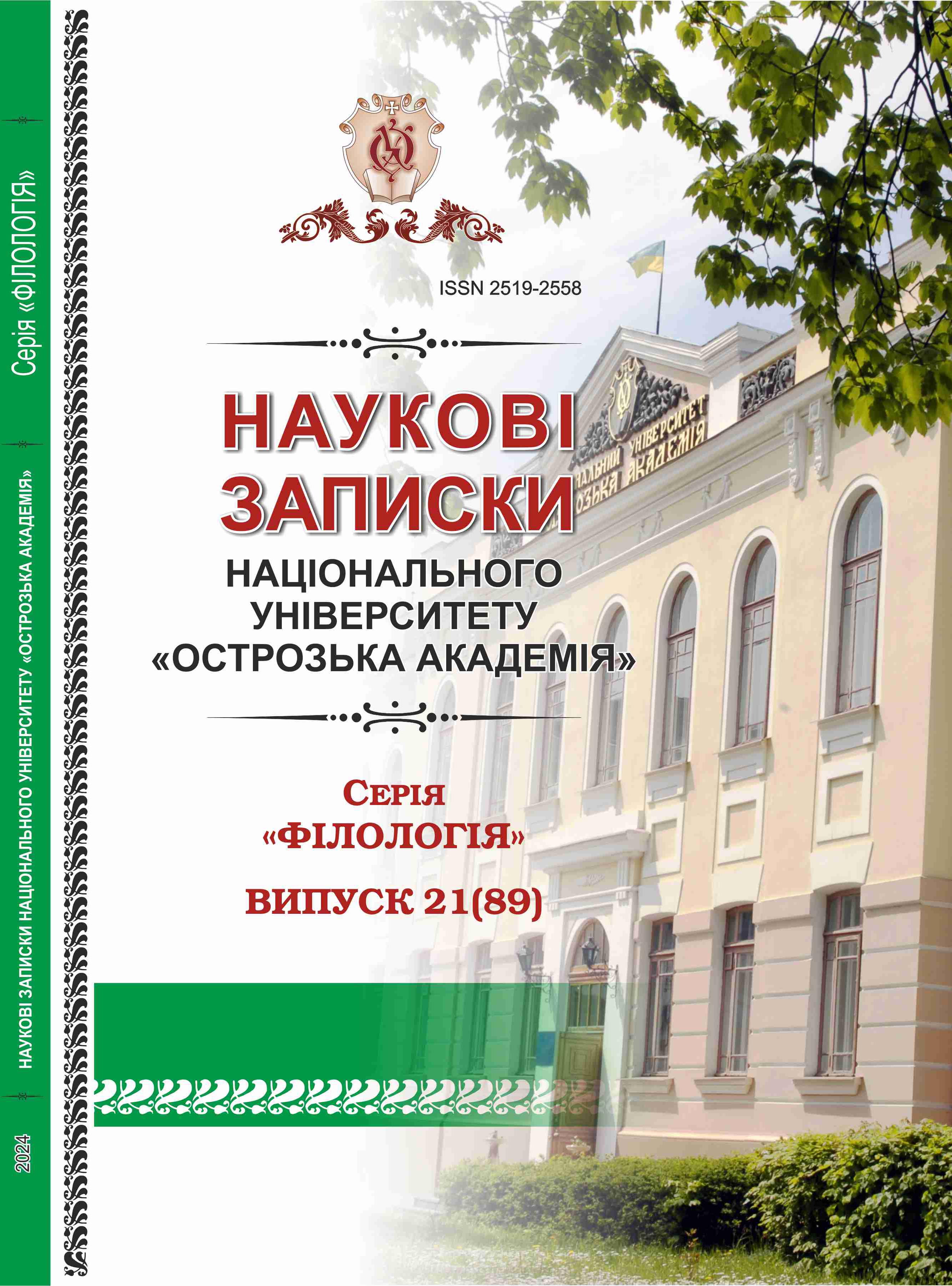METAPHORICAL NEOLOGISMS IN ENGLISH TERMINOLOGY OF SCIENCE AND TECHNOLOGY
Keywords:
metaphor, science, technology, lexical neologism, semantic neologismAbstract
Metaphor is now widely recognized as an essential part of the scientific discourse, but research on the lexical and cognitive mechanisms of metaphorical terminology formation remains limited. The article explores metaphorical words and word combinations in the novel terminology of science and technology that has emerged in English in the last three decades. By monitoring resources for neologism tracking (such as WordSpy) and updates of the Oxford English Dictionary as well as analyzing specialized literature, we identified over thirty lexical and semantic neologisms based on metaphors. Computer science and environmental sciences were found to be particularly prone to institutionalizing metaphor-based terms, either via coining new units or repurposing existing ones. Some of the identified terms are formed by expanding conventional metaphors (e.g., dark pattern, filter bubble, blue carbon), while others are more creative, drawing upon the source domains of the animal world (e.g., climate canary, black swan) and natural phenomena and systems (e.g., cloud computing, data lake, digital ecosystem). The most remarkable finding is that metaphorical terms frequently launch a chain reaction of new coinages derived by analogy (cloud computing – fog computing, mist computing, etc.; ecological footprint – carbon footprint, plastic footprint, etc.). This finding confirms the powerful role of analogy in neological word-building even with respect to metaphorical terms.

